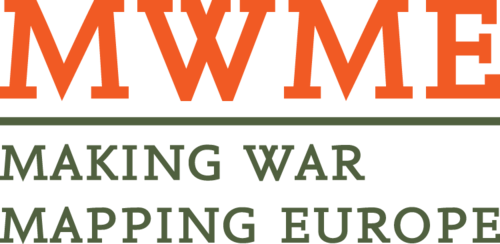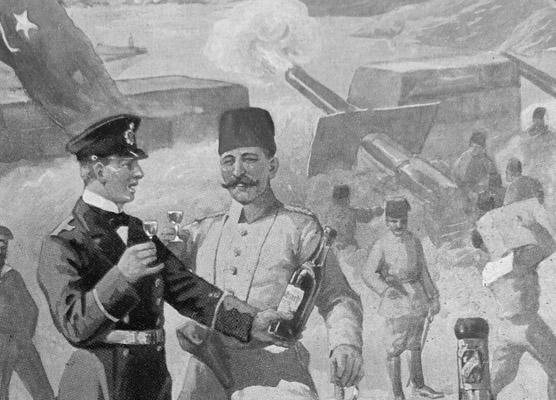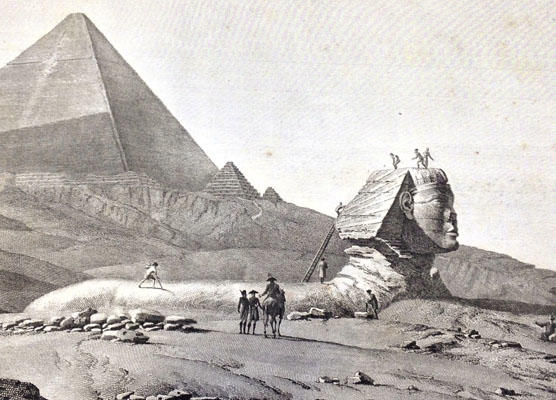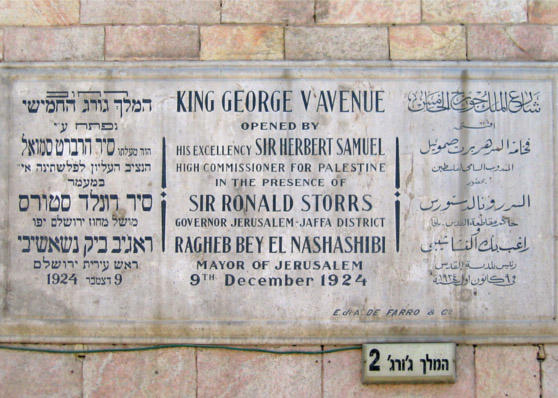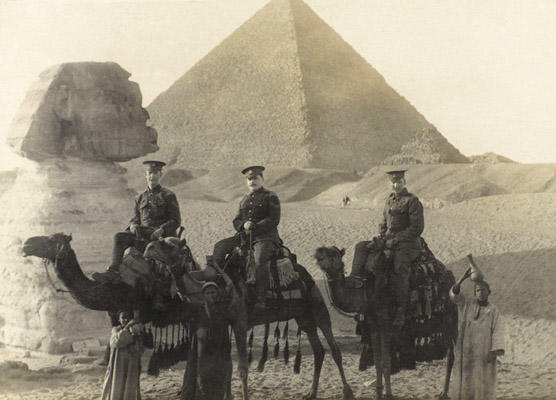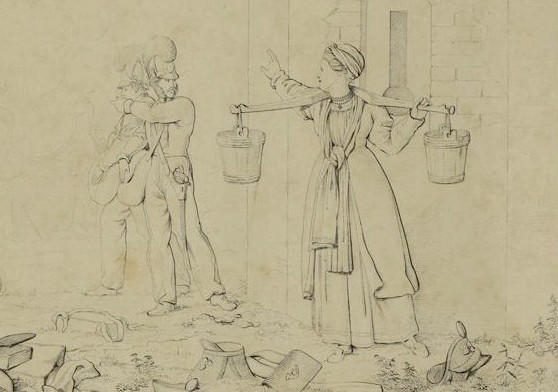Making War, Mapping Europe: Militarized Cultural Encounters, 1792-1920
“Making War, Mapping Europe” was an international collaborative research project analyzing militarized cultural encounters. Examining one of the most significant forms of mass cross-cultural contact in Europe and its borderlands from the Revolutionary Wars to the First World War, the project explored the experiences of German, British and French soldiers stationed on the European periphery and in the Middle East. Furthermore, the project investigated the continuing impact these encounters had on the societies of their respective home countries.
The main research question was to which extent did military cultural encounters help to shape collective perceptions of ‘the self’, ‘the other’, of Europe and of its borders in the period between 1792 and 1920?
The research project utilized a comparative and synthesizing approach as well as an interdisciplinary methodology. This allowed for the comparison of conditions, forms and impacts of cross-cultural contact on three different levels: synchronically by comparison of different armies and nationalities in a given time span; spatially by comparison of different cultural spaces and zones of contact; and, finally, diachronically by comparison of different periods within the ‘long 19th century’, from the Revolutionary Wars to the First World War.
Consortium and Funding
The consortium of the collaborative research project was comprised of sub-projects organized by four principal investigators from Germany (Freie Universität Berlin), Ireland (Trinity College Dublin) and the United Kingdom (Universities of York and Swansea). The project leader was Prof. Dr. Oliver Janz from Freie Universität Berlin. The three-year project was launched in October 2013 and concluded in September 2016.
The project Making War, Mapping Europe was financially supported by the HERA Joint Research Programme (www.heranet.info) which is co-funded by AHRC, AKA, BMBF via PT-DLR, DASTI, ETAG, FCT, FNR, FNRS, FWF, FWO, HAZU, IRC, LMT, MHEST, NWO, NCN, RANNÍS, RCN, VR and The European Community FP7 2007-2013, under the Socio-economic Sciences and Humanities Programme. This project also received funding from the European Union's Seventh Framework Programme for research, technological development and demonstration under grant agreement no 291827.
